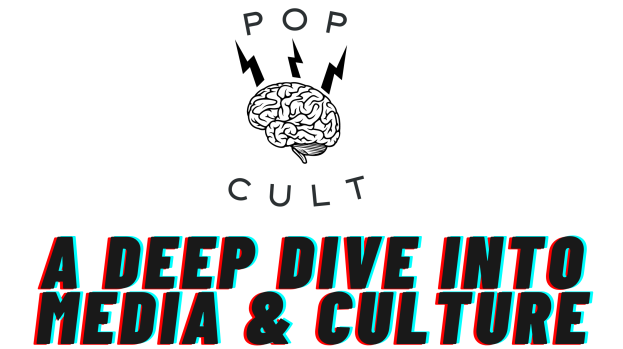
Nine to Five (1980)
Written by Colin Higgins and Patricia Resnick
Directed by Colin Higgins
Nine to Five came to Jane Fonda after talking to an old friend who was part of a women’s office workers association called “9to5”. This organization is dedicated to improving the working conditions and ensuring the rights of working women in the United States. They have partnered with local unions to help collective bargaining efforts, establishing themselves by doing this in Boston in the mid-1970s. 9to5 continues their work to this day, expanding their reach nationally and rallying on issues from the pay gap, childcare, sexual harassment, and more. Fonda initially thought of the picture as a drama but decided that it would be too preachy and on the nose, so she opted for a classic Hollywood style farce.
Judy (Fonda) is newly divorced and forced back into the modern workforce to make ends meet. She gets a job as a secretary at Consolidated Companies, where she meets supervisor Violet (Lily Tomlin). The two bond over their shared dislike of their sleazy boss Franklin Hart Jr. (Dabney Coleman). Hart spreads rumors that he’s having an affair with his secretary Doralee (Dolly Parton), but she expresses extreme disgust when she learns about how her reputation has been sullied. The three women form a pact supporting each other and becoming sounding boards for each other’s frustrations about their lower status as women in the workplace.
Things get complicated with Violet accidentally puts rat poison in Hart’s coffee one morning, mistaking the box for his favorite artificial sweetener. He trips and injures his head before drinking the coffee, but through a series of mishaps, the three women believe they have poisoned and killed the man. It only gets more wild from there, leading to a blackmail and hostage situation that puts the women in a place of reshaping the office before they get caught.
One thing I strongly dislike in a movie is an extended fantasy sequence. I had significant criticisms of this in Preston Sturges’s Unfaithfully Yours, which had a grossly bloated one. In the middle of Nine to Five, we get three fantasies in a row from each woman about how they would get revenge on their boss. While I can see some visuals that foreshadow events later in the picture, I personally feel that these sequences are there to pad films. It’s an old screenwriting technique that you don’t often see now. In a modern movie, if a character daydreams, it’s not allowed to go on for too long. Because what happens in these more extended daydreams is inconsequential, I always find myself disengaging from the story. Now that said, I think Nine to Five is a pretty funny, well-made picture.
I think the four main actors are perfectly cast and you couldn’t pick anyone better. Fonda does a great job of playing the newbie, and Tomlin plays off her wonderfully as the jaded worker passed over for promotions one too many times. Parton is playing herself, I suppose, but she has such a delightful personality that it’s never a negative experience. Coleman made a career out of playing slimy assholes, and here he is hitting on all cylinders. You despise Hart almost immediately and keep hating him throughout. Two character actors who don’t get enough praise for their performances are Elizabeth Wilson as the nosy Roz and Peggy Pope as Margaret. Wilson is a perfect nemesis and henchwoman to Hart, the sort of by the book coworker that drives anyone with sanity to madness. Pope is absolutely hilarious as the alcoholic Roz, who is entirely over this job and its bullshit.
What’s actually sad about this film is how many of the dreams projects the women can pull off with Hart incapacitated workers of all genders are still struggling to get. I’d argue that modern workers have been pushed backward so much further than where these women were at the time. They implement a job-sharing system that allows people to work part-time so they can be home with their kids after school. The workplace becomes more diverse in gender, race, and even with differently-abled people. A daycare is established on the floor so children under school age can be close to their parents during the day. The improvements are so well received by management that Hart cannot roll them back when he finally gets control of his office again. Though it should be noted that the Chairman of the Board (Sterling Hayden) remarks that he does want Hart to get rid of that equal pay thing, reminding us that for every step forward, the powers that be will try and take something away.
There was talk of a remake reframing the story in a post-MeToo context. I actually think an attempt to make this in our contemporary setting would be profoundly depressing if it was honest about working conditions. Unions have been pushed back even further since 1980, and outsourcing has led to American workers clinging to jobs with poor working conditions out of fear of not finding anything else. Nine to Five is a comedy that still holds up, though with some elements from an era gone by. It is enough to spark a good dialogue about working conditions, comparing my parents/grandparents to my own generation and younger.

One thought on “Movie Review – Nine to Five”